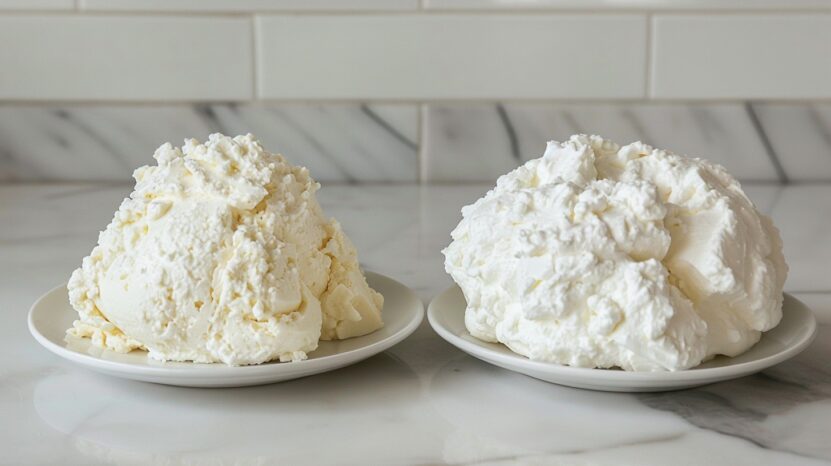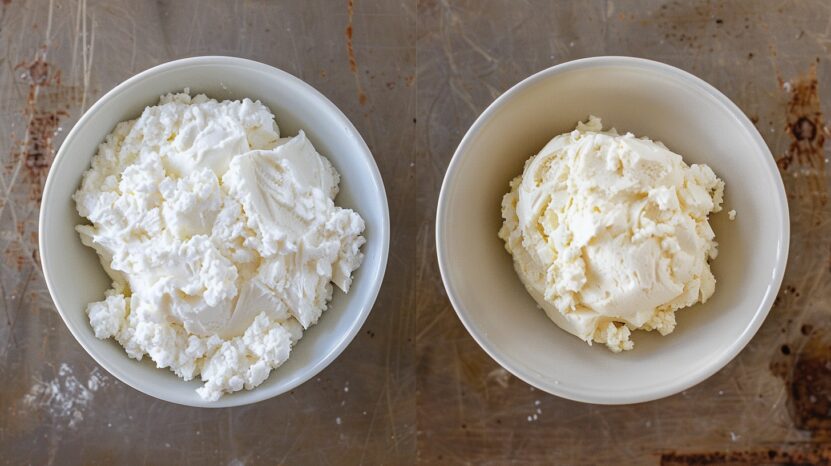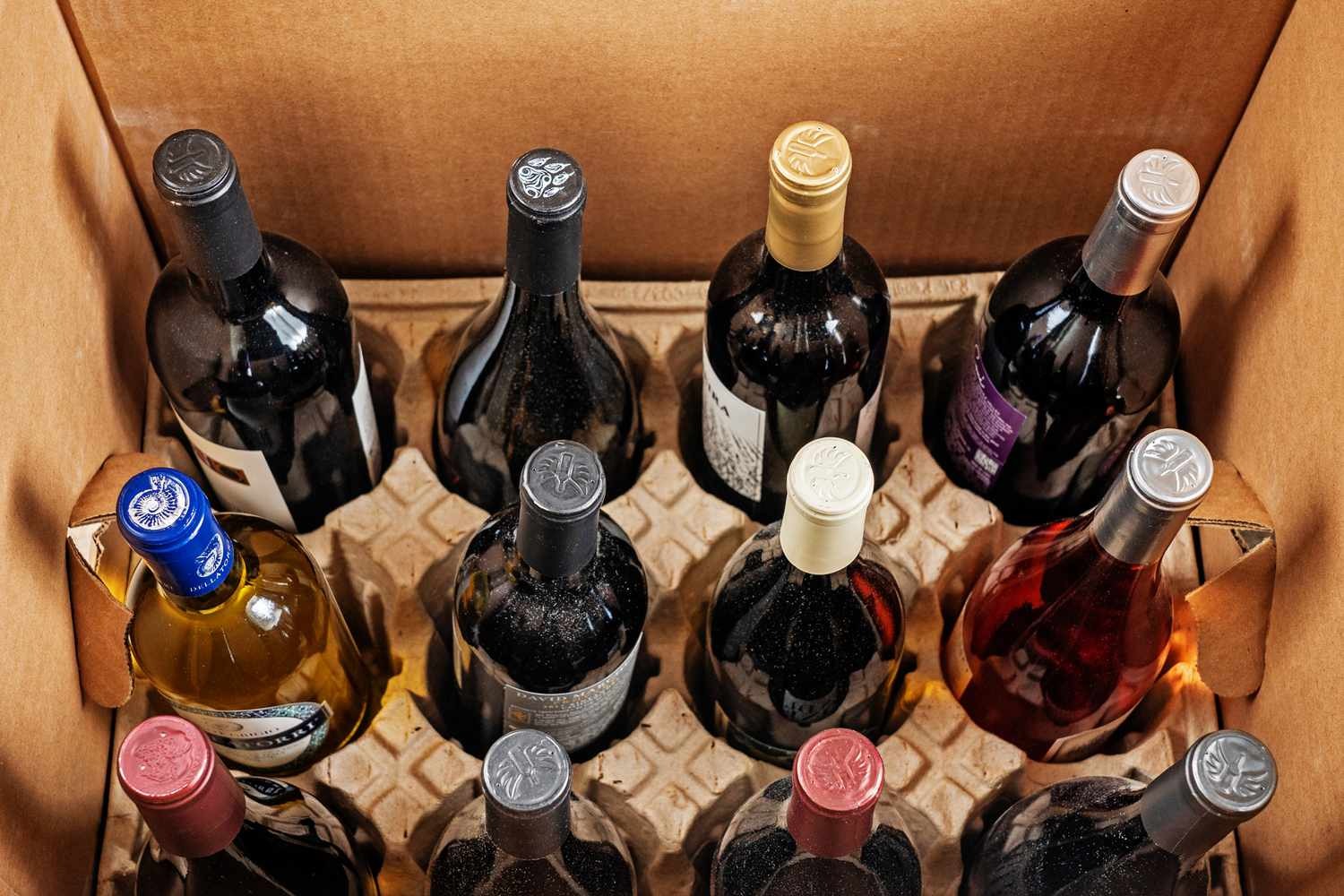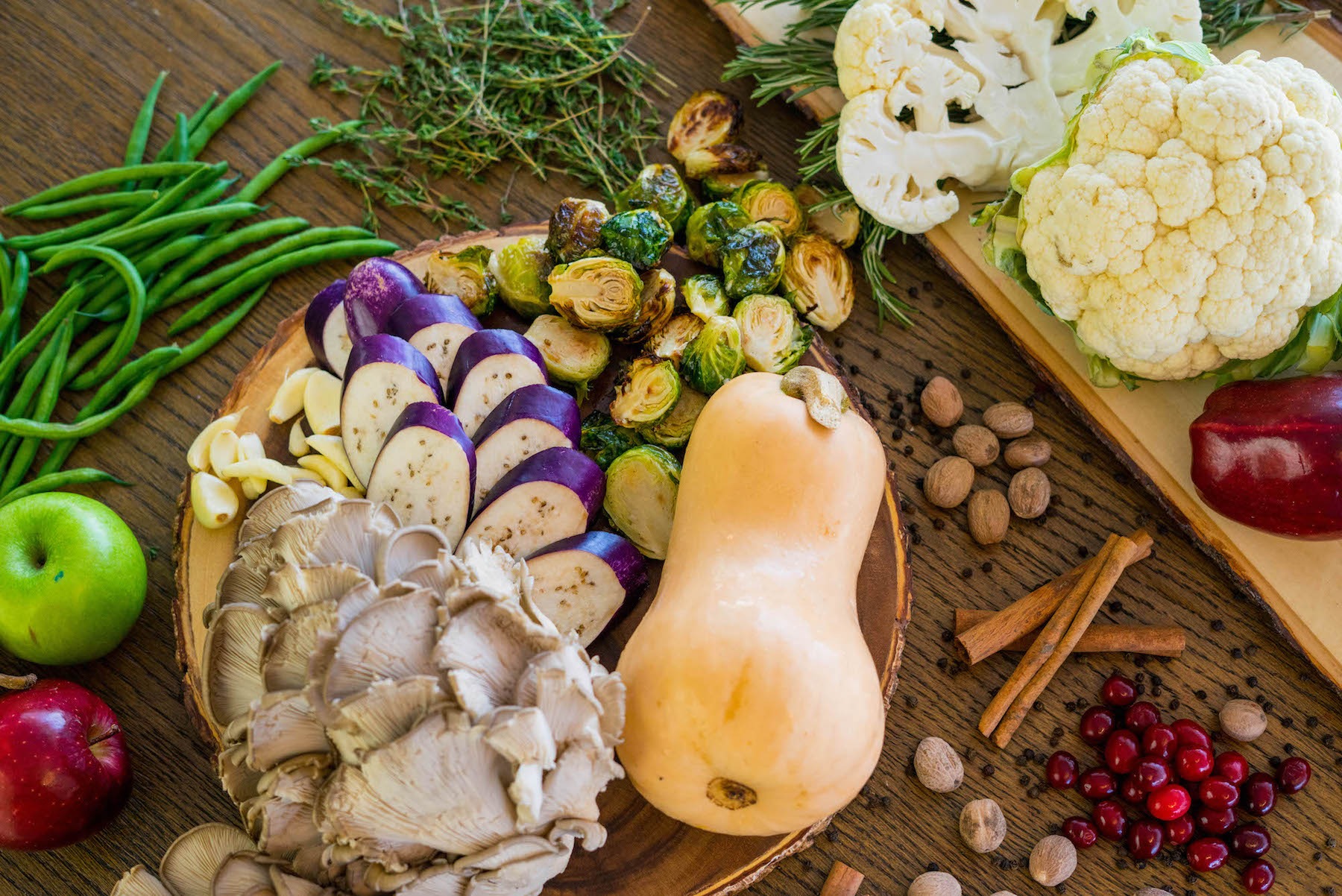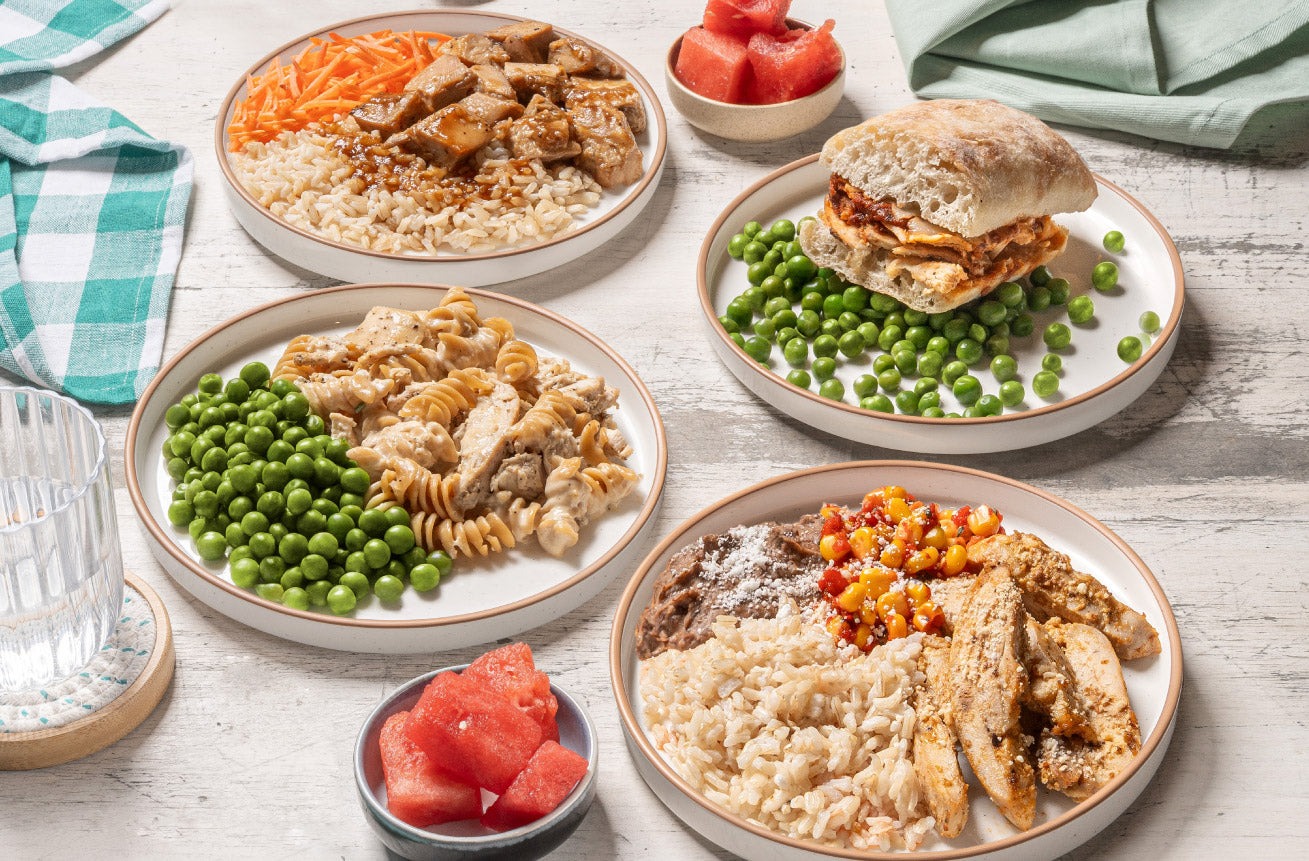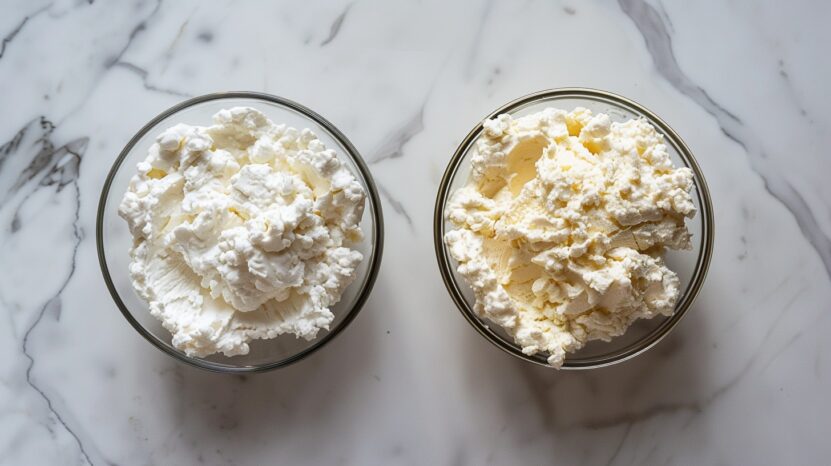
Share Post:
Ricotta and mascarpone are two popular Italian cheeses with distinct textures and uses. Ricotta has a light, fluffy texture and slightly sweet flavor, while mascarpone is smooth and creamy with a richer taste.
Ricotta works well in baked dishes and savory recipes, while mascarpone is better suited for creamy desserts due to its higher fat content. The differences between these cheeses can help you choose the right one for your culinary needs.
Origin and Production
Both of these cheeses hail from Italy. Mascarpone specifically comes from the Lombardy region, giving it a distinct Italian flair.
Ricotta is made from whey, a byproduct of cheesemaking, typically from other cheeses like mozzarella or provolone. The name “ricotta” means “recooked,” reflecting its production process where whey is heated again to separate the curds. This method gives ricotta its distinctive fluffy texture. The cheese has been a staple in Italian cuisine for centuries, used in both savory and sweet dishes. Mascarpone, on the other hand, is created from cream. An acid, such as lemon juice or vinegar, is added to thicken the cream, resulting in a rich and creamy texture. This cheese is essentially a type of Italian cream cheese and is renowned for its smooth, luxurious consistency. Mascarpone has a history rooted in the Lombardy region of Italy, where it is a key ingredient in traditional desserts.Ricotta vs Mascarpone: Comparison
- Calories (per 100g): Ricotta is a lighter choice, with 174 calories per 100 grams. Mascarpone, on the other hand, is much richer and packs a hefty 435 calories for the same amount.
- Origin: Both of these cheeses hail from Italy. Mascarpone specifically comes from the Lombardy region, giving it a distinct Italian flair.
- Taste: Ricotta has a mild flavor that’s slightly sweet with a touch of tanginess. Mascarpone is rich, buttery, and just a bit sweet, making it a more indulgent option.
- Price (per kg): When it comes to cost, ricotta is the more budget-friendly option, typically costing between $8 and $12 per kilogram. Mascarpone is pricier, ranging from $18 to $25 per kilogram.
- Milk type: Ricotta is made from the whey of other cheeses, giving it a light and fluffy texture, while mascarpone is made from cream, resulting in a rich and dense consistency. The difference in their milk sources contributes to ricotta’s delicate flavor and mascarpone’s indulgent creaminess.
Texture and Consistency
Ricotta: The name means “recooked,” and this cheese dates back to ancient Roman times.
Ricotta is characterized by a slightly grainy, fluffy texture, similar to a fine-grained cottage cheese. This makes it ideal for adding lightness to various dishes without making them too heavy. The texture is perfect for stuffing pasta, mixing into casseroles, or even spreading on toast.
Mascarpone, in contrast, is smooth, thick, and creamy, much like a dense, whipped cream. Its consistency is akin to that of butter or cream cheese, making it perfect for spreading and blending into dishes. This texture makes mascarpone a favorite in creamy desserts and frostings, where a luxurious mouthfeel is desired.
Flavor Profile
Ricotta offers a mild, slightly sweet flavor with a hint of tanginess. Its taste is more neutral, making it versatile enough to blend well in both sweet and savory dishes. This neutrality allows it to enhance other flavors without overpowering them, making ricotta a go-to cheese for a wide range of culinary applications.
Mascarpone, however, is rich, buttery, and slightly sweet. It is less tangy and more indulgent than ricotta, providing a luxurious creaminess to desserts. This richness makes it a perfect match for sweet applications where a decadent, creamy flavor is desired. Mascarpone’s taste can transform an ordinary dessert into a sumptuous treat.
Milk Type Differences between Ricotta and Mascarpone
- Ricotta:
- Ricotta is typically made from the whey left over after producing other cheeses like mozzarella or provolone. The whey, which is low in fat, is reheated to coagulate the remaining proteins, forming the soft, grainy curds characteristic of ricotta. This method results in a lighter cheese with a delicate flavor, ideal for a variety of culinary uses.
- Mascarpone:
- In contrast, mascarpone is made from the cream of cow’s milk, which has a high fat content. The cream is gently heated and then combined with an acidic agent to thicken and develop its rich, velvety texture. This process creates a dense, creamy cheese with a buttery taste, perfect for indulgent desserts and creamy dishes.
Thus, while ricotta comes from whey, providing a lighter and fluffier texture, mascarpone is derived from cream, offering a denser and richer experience.
Fat Content
Mascarpone: It’s a key ingredient in the famous dessert tiramisu and was originally used as a substitute for butter.
Ricotta is generally lower in fat compared to mascarpone. It can be found in variations ranging from no-fat to full-fat, but it typically retains a higher moisture content. This lower fat content, combined with its higher moisture, makes ricotta a lighter option in terms of both flavor and nutritional profile.
Mascarpone, by comparison, is high in fat, around 40% or more, contributing to its rich, creamy texture and making it calorie-dense. This high-fat content is what gives mascarpone its indulgent, buttery flavor and smooth texture, making it a less suitable option for those looking to reduce their fat intake.
Culinary Uses
Ricotta is incredibly versatile in cooking and baking. It is commonly used in savory dishes like lasagna, stuffed pasta, and casseroles. Ricotta also shines in desserts such as cannoli and ricotta cheesecakes, where its mild flavor and fluffy texture add a lightness to the dish.
Mascarpone is predominantly used in desserts due to its creamy texture and rich flavor. It is a key ingredient in tiramisu, and it is often used in frostings, mousse, and as a filling for cakes. The smooth, rich texture of mascarpone makes it ideal for creating luxurious, creamy desserts that are both rich and satisfying.
Substitution in Recipes
You can substitute ricotta for mascarpone in recipes that don’t heavily rely on a creamy texture, like baked goods, despite their differences. However, adjustments might be necessary to account for the difference in texture and fat content. For instance, adding a bit of cream to ricotta can help mimic the creaminess of mascarpone.
Mascarpone’s richer texture and higher fat content make it a less ideal substitute for ricotta in recipes that require the lighter, grainier texture of ricotta, such as in traditional Italian dishes like lasagna. Using mascarpone in place of ricotta might result in a dish that is too heavy or rich, overshadowing the other flavors.
FAQs
Conclusion
In conclusion, both ricotta and mascarpone have unique characteristics that make them indispensable in their respective culinary applications. Ricotta’s light, fluffy texture and mild flavor make it versatile in both sweet and savory dishes, while mascarpone’s rich, creamy texture and indulgent flavor are ideal for desserts.
If I had to choose between ricotta and mascarpone, I would pick mascarpone. I know it is probably not healthier option, but… The reason is its rich, creamy texture and indulgent flavor, which makes it a perfect addition to desserts and pastries. Its luxurious, buttery taste can advance a simple dish into something extraordinary, making it a delightful treat. But if you want to lose weight, do not listen to me. Choose ricotta.
When choosing between the two, consider the specific requirements of your recipe and the desired outcome. If you want a lighter, more versatile cheese, ricotta is the better choice. However, if you are looking for a rich, creamy, and indulgent option, mascarpone is the way to go. Each cheese offers something unique, and if you know these differences it will help you make the best choice for your culinary needs.
Related Posts:
- How to Use Smoke and Herbs to Enhance Flavor and…
- Should You Be Using Raw Vegan Protein Powder? Health…
- How to Reheat a Quesadilla in an Air Fryer – Crispy…
- How to Create Stunning Video Cooking Content - Tips…
- Flaxseed and Berry Pairings for Long-Term Male Health
- How To Freeze Lasagna? Save Time and Effort


